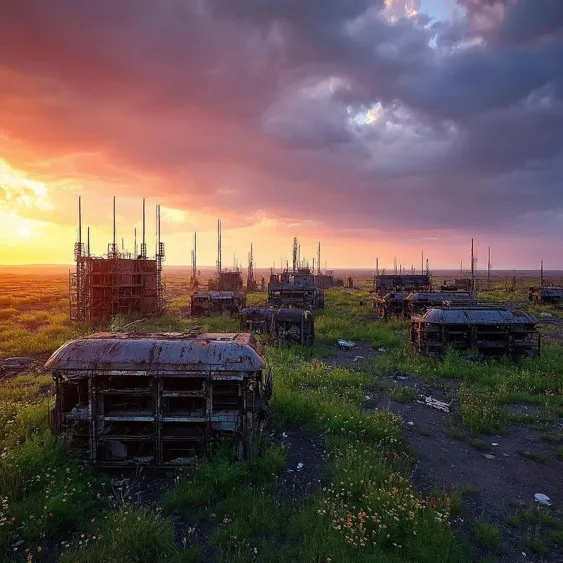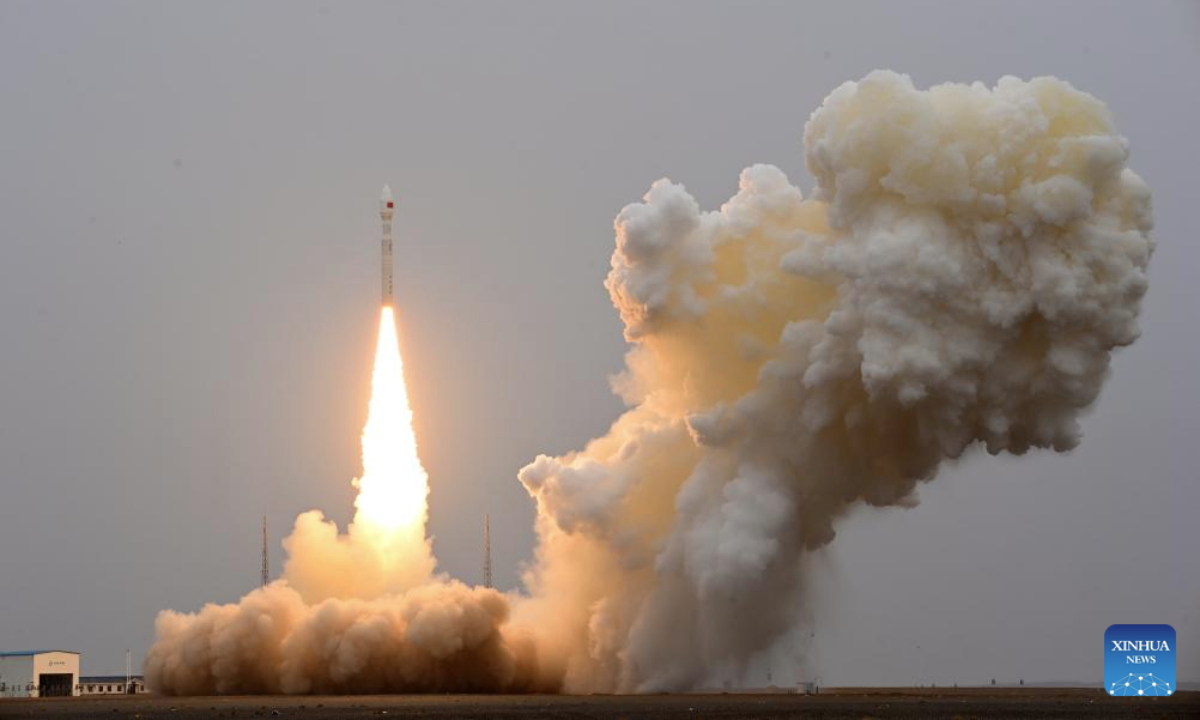AI Agreements Fuel Zombie Startups in Silicon Valley

In a rapidly evolving tech landscape, the announcement of Jeff Wan as the interim CEO of Windsurf underscores a critical juncture in the AI startup ecosystem. Following a well-publicized exodus of talent to industry titans like Google, the ramifications of such a shift resonate deeply throughout the sector. This migration, fueled by lucrative offers—evidenced by Google’s $2.4 billion acquisition deal—raises significant concerns about the sustainability of smaller firms, which increasingly resemble ‘zombie startups’ without their founding talent. The trajectory of Windsurf not only highlights individual company challenges but symbolizes a broader trend where innovation is overshadowed by the allure of high-stakes recruitment from larger competitors.
The talent drain from startups to giants like Google and Meta reveals an unsettling pattern in the tech industry, particularly in AI. With vast resources at their disposal, these behemoths can attract top talent with ease, leaving startups struggling to retain employees—or worse, to innovate. According to venture capitalists, the startup ecosystem has become dysfunctional; the investment into firms often results in little to no return as founders abandon their original visions in pursuit of acquisition offers. As Samir Kumar aptly notes, what remains of these companies resembles a ‘zombie community’—lacking the vibrancy and vision they once embodied. The ongoing shifts force a re-evaluation of how businesses can thrive amid consolidating pressures, particularly as younger firms should ideally be paving the path to the next wave of technological advancements.
Furthermore, this trend is easily comparable to past market corrections, such as the dot-com bust of the early 2000s and the 2008 financial crisis, where overvaluation and misaligned incentives led to catastrophic failures. However, unlike those historical precedents, the current situation reveals a unique dynamic where startups aren't just faced with financial upheaval; they are also combating a talent exodus that impoverishes their innovation capabilities. The blend of aggressive hiring, regulatory scrutiny over mergers and acquisitions, and a culture that prizes immediate profitability may unintentionally stifle innovation in the long run. Could it be that the pursuit of rapid growth and high valuations inadvertently exacerbates the collapse of the very ecosystems that fostered them? Investors and policymakers alike should proceed with caution, recognizing that today's aggressive corporate strategies might sow the seeds of tomorrow's instability.
Read These Next

Guangdong Unveils Action Plan for Integrated Commercial Space Ecosystem
Guangdong unveils a 21-point plan to develop a commercial space ecosystem, attracting investment in satellite tech and innovation.

Domestic commodity futures decline sharply lithium carbonate hits limit
Caixin reports that on August 20, the commodity futures market faces pressure, with lithium dropping 8% and overall poor performance.

Legal Implications for Xinjiang Tianhe Shanshi's Finances
Analysis of the progression of legal proceedings involving Xinjiang Tianhe Shanshi Construction Engineering Co., Ltd., focusing on financial implications and investor considerations.
